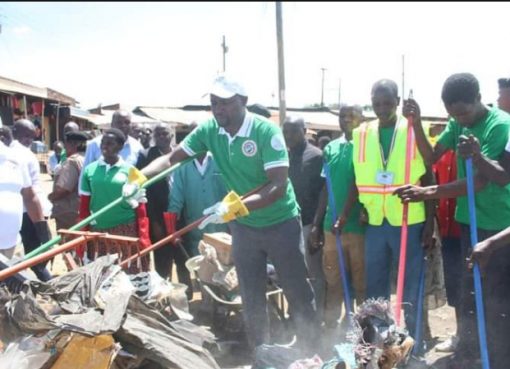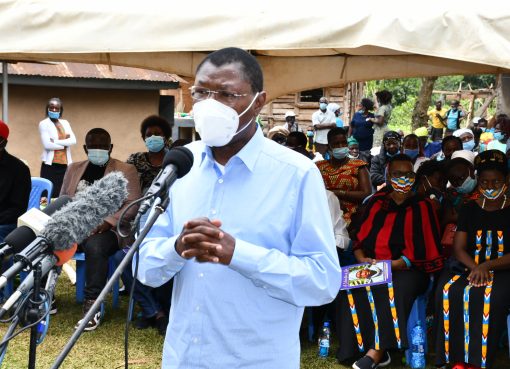The United Nations High Commissioner for Refugees (UNHCR), Filippo Grandi, has launched a Refugee Resource center at the University of Nairobi.
The resource centre aims not only to establish a policy regime that enables sustainable social and economic inclusion for refugees who are in the country but also to provide localised research and generate evidence on challenges and solutions for forced displacement.
Speaking during the launch on Monday, Grandi stated that in recent years, many countries have faced forced displacement as a result of political turmoil.
“Unfortunately, this is not the result of healthy politics. We should look at the solutions for this challenge and address the political manipulation, which aims mostly at gaining votes and winning elections,” said Grandi.
He explained that war is what causes most refugees to flee, and the world seems to be unable to stop, let alone prevent, the wars and conflicts.
“The dangers faced by refugees and internally displaced persons while moving in search of safety or opportunities include violence, extortion, torture, and even death as they travel overseas through deserts and jungles,” he stated.
Grandi said that as an organisation, they seek out corporate actions that can be taken to address the root causes of the conflicts and ways to protect forcefully displaced people and provide them with opportunities.
“This can only be achieved through the combination of the right ingredients: the right policies, the right vision, the right leadership, and yes, the right international support,” said Grandi.
He said that the rising number of refugees is due to the fact that various institutions were created to prevent war, adding that the security council of the United Nations is fractured and paralyzed, and regional institutions in Europe and Africa are being severely tested by anti-democratic resources, nativists, climate change, condemnation of refugees, execution, and denial of opportunities, among other issues.
“If we want to be able to design responses that are effective, we must accept reality as it is, as uncomfortable as that may be, and the reality is that indeed, forced displacement is on the rise,” he added.
Grandi added that peace is among the possible ways to reduce or deal with displacement and refugees, saying that there is no substitute for peace.
“Peace is more reflective than any other amount of humanitarian assistance. Forcefully displaced people like to return home, and provided there is peace, even imperfect peace, they will return home. The return, however, must always remain the choice of the refugees, and their return must always be voluntary,” insisted Grandi.
By Judy Totari and Zainab Mong’are




